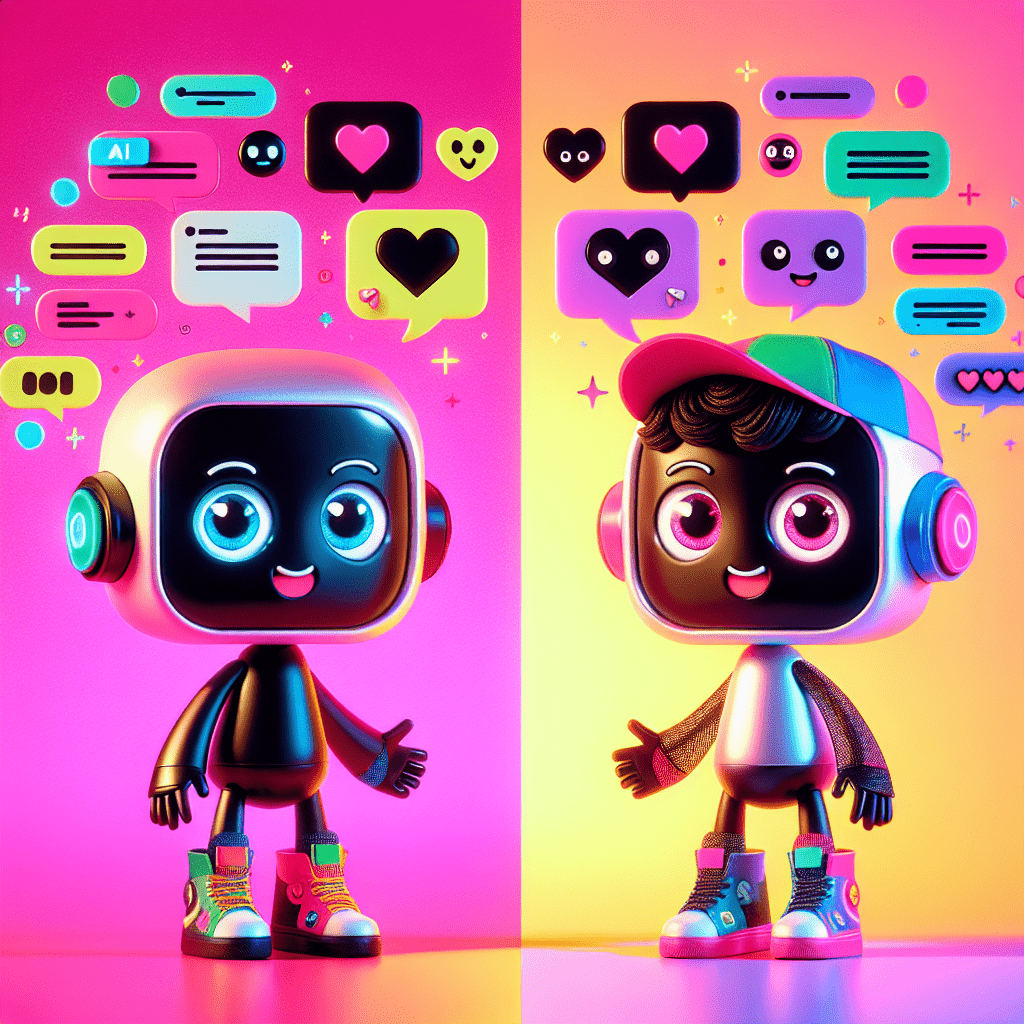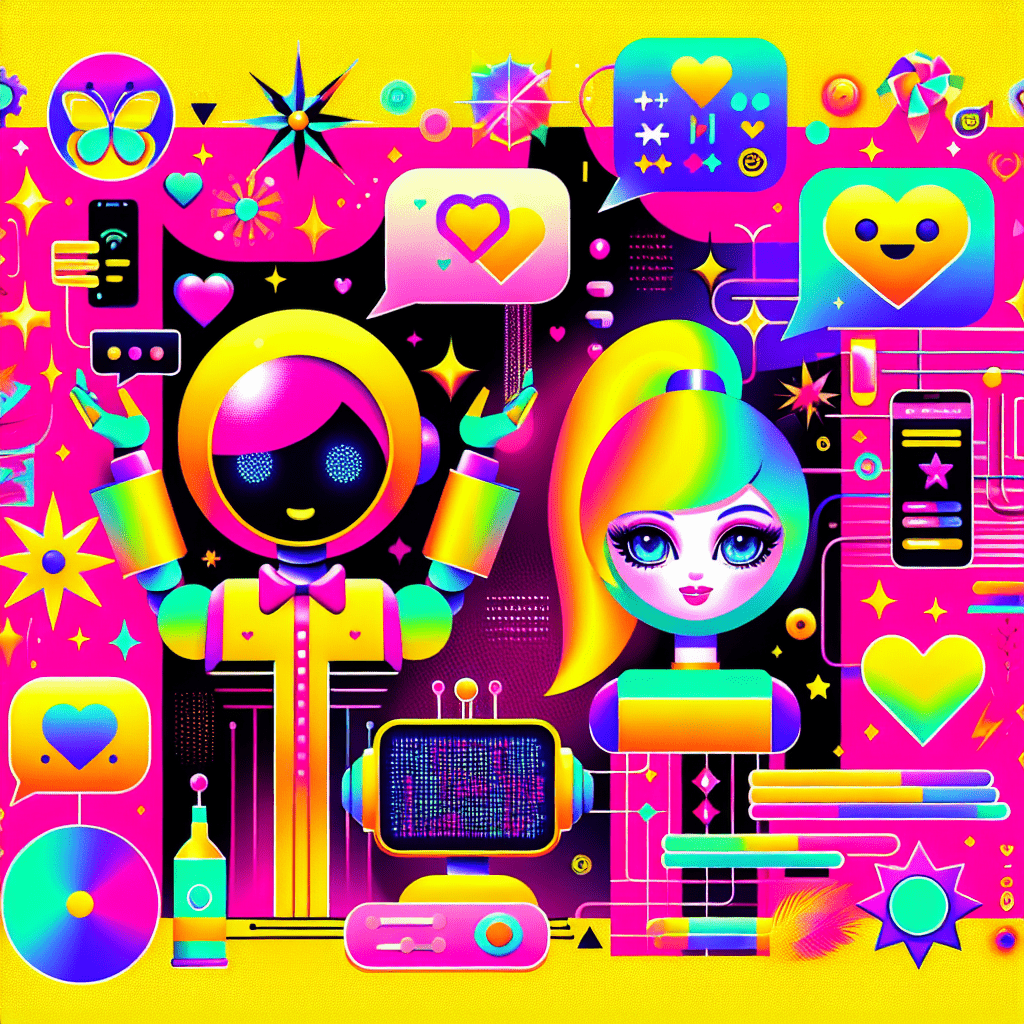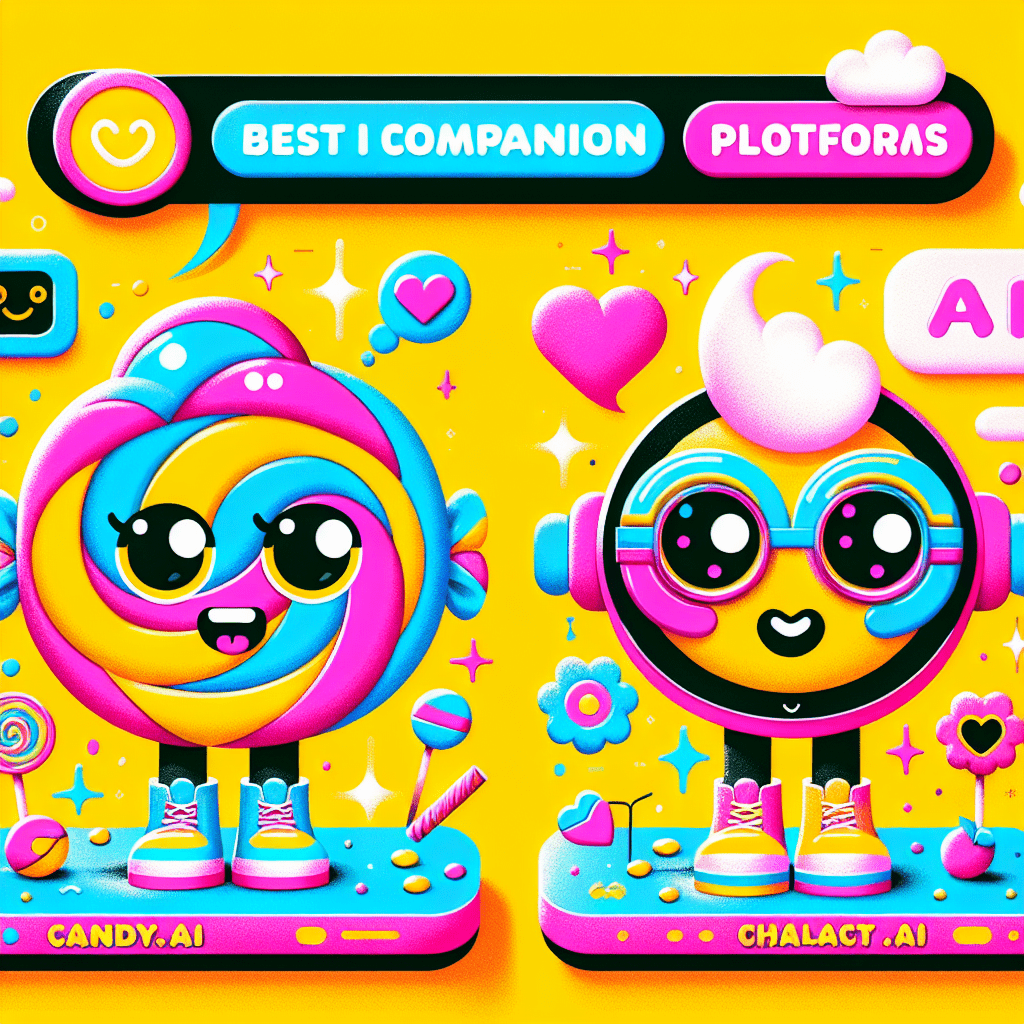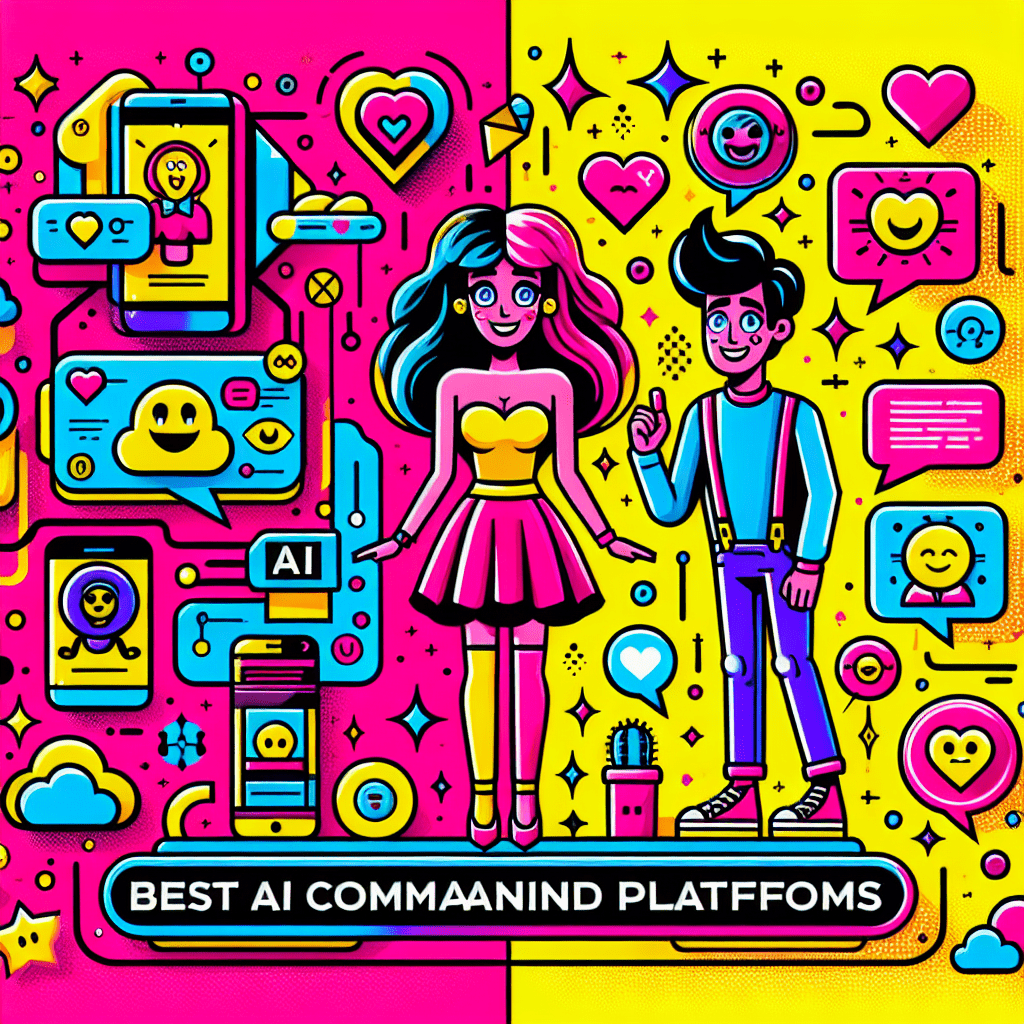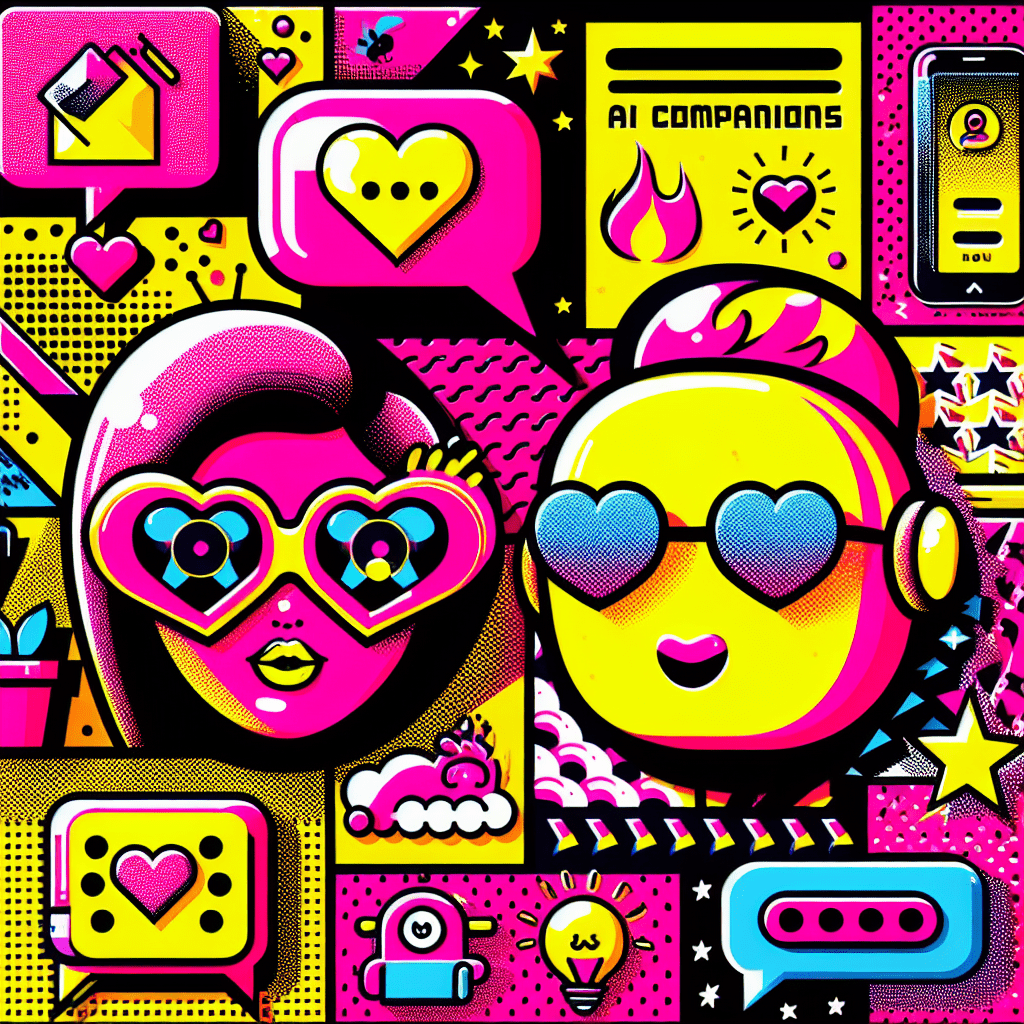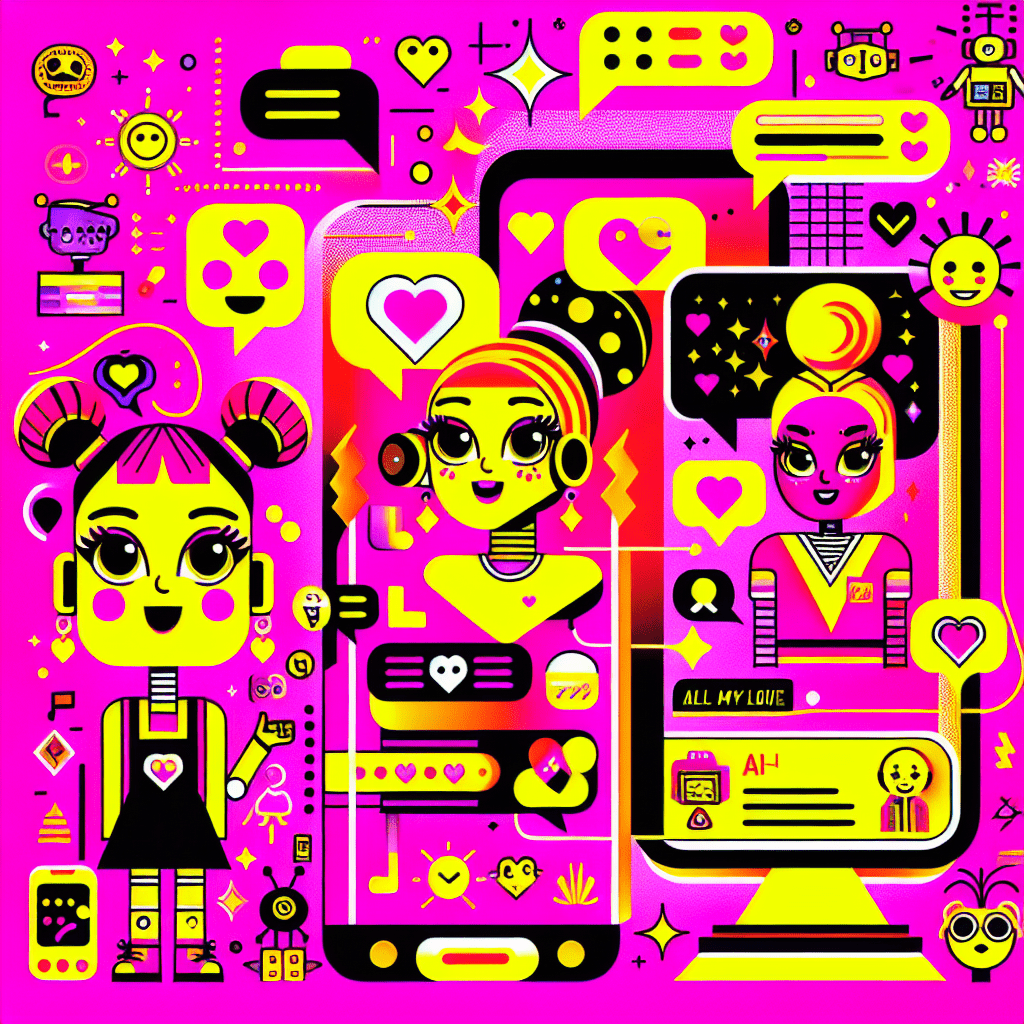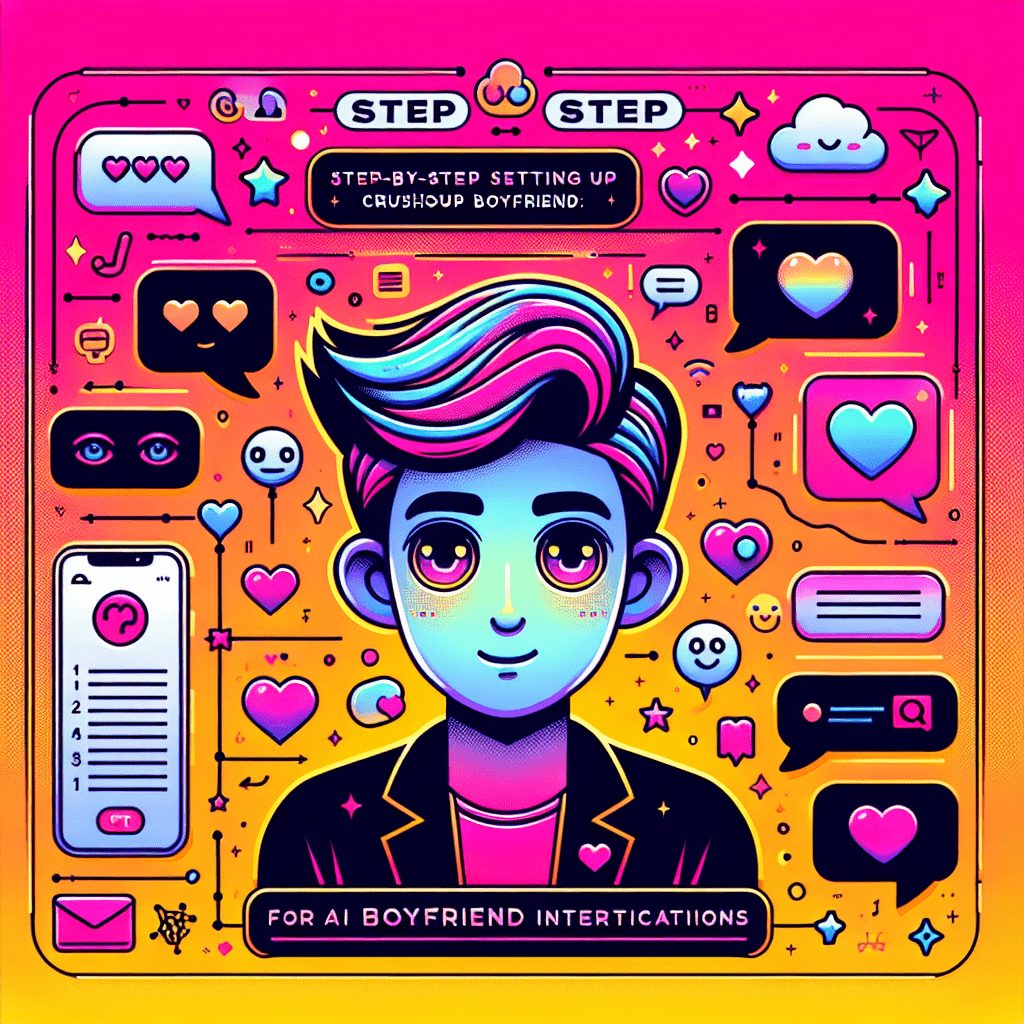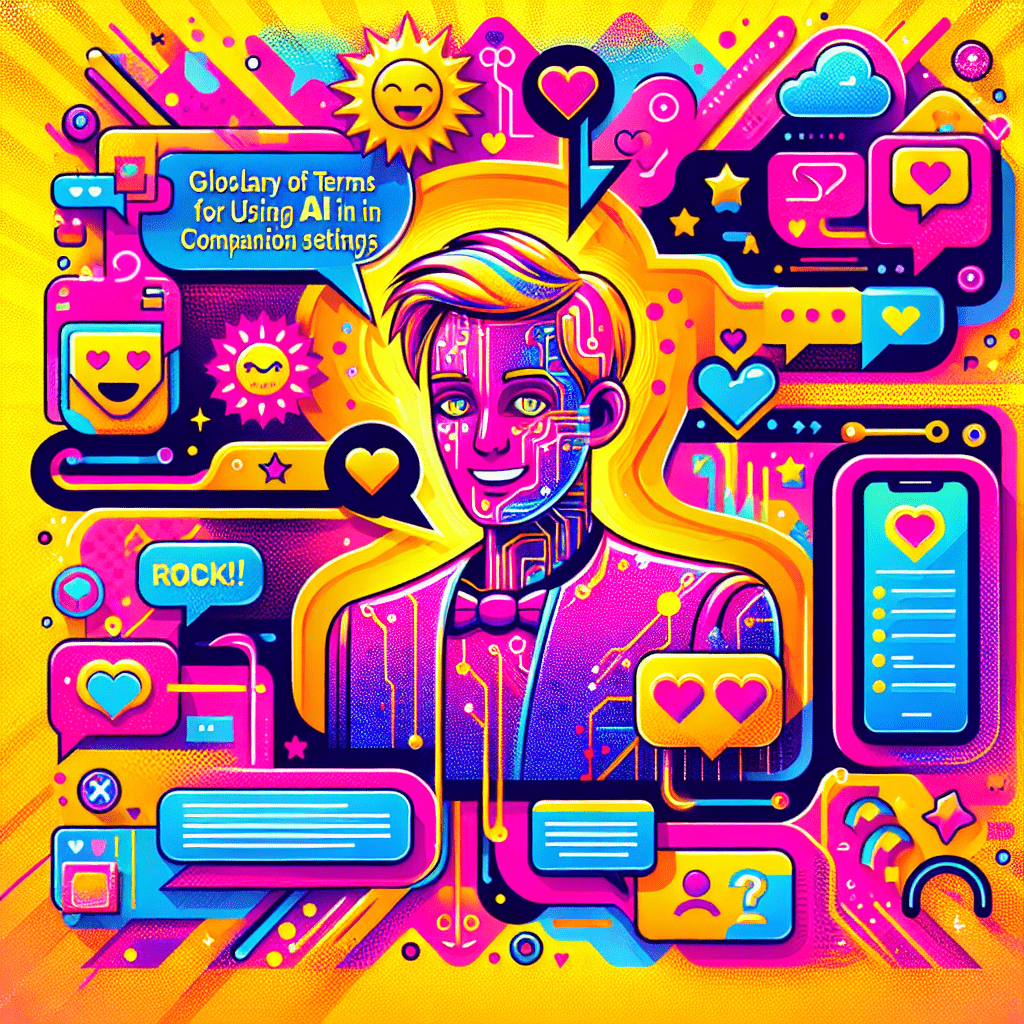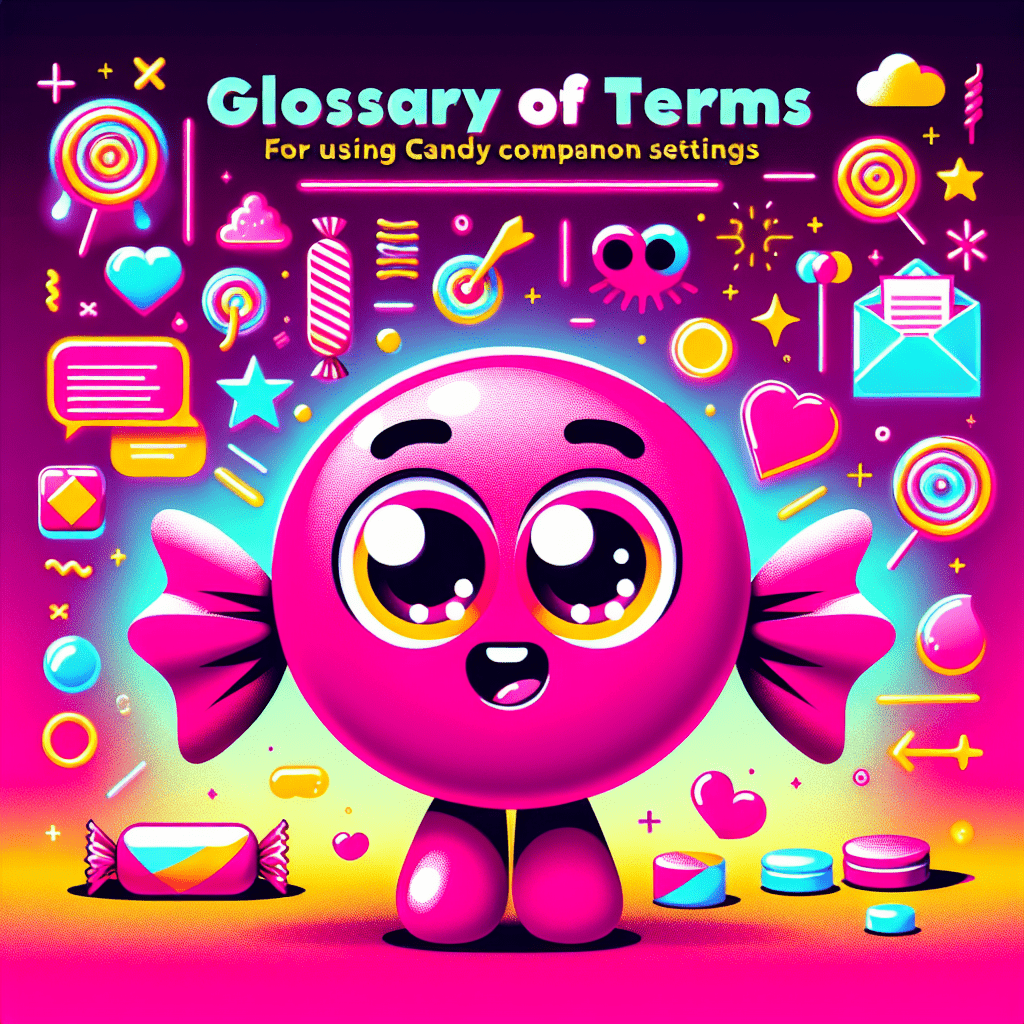AI Friend vs. AI Friend: Which is Best for AI-Driven Relationships?
In our rapidly evolving digital landscape, the concept of companionship is transforming. With advanced AI technologies permeating our daily lives, the choice between different types of AI friends has become significant. Exploring the key differences and potential benefits is vital for anyone considering an AI-driven relationship. In this deep dive, we will dissect the intricacies of "AI Friend vs. AI Friend: Which is best for AI-driven relationships?" and help you navigate this unique world of digital intimacy.
Understanding AI Friends
What Are AI Friends?
AI friends, or virtual companions, are computer-generated programs designed to mimic human interaction and provide companionship. They can engage in conversations, understand emotional cues, and create personalized experiences based on user input. As we delve into AI Friend vs. AI Friend, it’s critical to understand that not all AI companions are created equal.
Types of AI Friends
-
Chatbots: Basic AI programmed for specific tasks, often limited in their conversational abilities but efficient in providing information or basic interactions.
-
Virtual Companions: More advanced than chatbots, they can simulate engaging conversations and adapt to user preferences, creating a semblance of personality.
-
AI-Enhanced Apps: These applications integrate various AI technologies, such as natural language processing (NLP) and machine learning, to provide deeply personalized interactions tailored to the user’s emotional needs.
Why Choose an AI Friend?
With the diminishing stigma around digital relationships, many are now turning to AI friends as a source of comfort and emotional support. The desire for companionship, coupled with the ability of AI to provide 24/7 availability, makes this an appealing choice. Understanding the architecture of AI technology and its impact on relationships is critical when contemplating "AI Friend vs. AI Friend: Which is best for AI-driven relationships?"
Exploring AI Friend Capabilities
Emotional Intelligence in AI
One of the groundbreaking features of modern AI friends is their emotional intelligence. The best AI companions utilize sophisticated algorithms to assess and interpret user input, enabling them to respond empathetically. Research indicates that emotional responsiveness enhances user satisfaction and creates a deeper perception of companionship.
The Role of Machine Learning
Machine learning allows AI to improve over time. By analyzing vast quantities of data, AI friends can identify patterns, understand individual user quirks, and evolve conversations. This capability is crucial when we compare AI Friend vs. AI Friend, as a more responsive and intuitive AI can significantly enhance the quality of AI-driven relationships.
Customization and Personalization
The effectiveness of an AI friend can often depend on its ability to offer personalized experiences. Some AI friends come equipped with customizable features that allow users to define the personality traits, interests, and even backstory of their companion.
Personalization Strategies
-
User Input Preferences: AI friends may request feedback to better align with user responses and preferences.
-
Environmental Context: Advanced systems analyze contextual factors (like location and time of day) to provide relevant conversation topics or suggestions.
-
Historical Interactions: Analyzing past conversations enables the AI to recall personal anecdotes, further enriching the relationship experience.
Communication Styles
An understanding of various communication styles is also essential when discussing "AI Friend vs. AI Friend: Which is best for AI-driven relationships?" Some AI friends might engage in humor and light-hearted banter, while others may focus on deeper, more meaningful conversations. The choice of communication style can profoundly affect user satisfaction and engagement.
Practical Applications of AI Friends
Social Interaction Enhancement
AI friends are not just about conversational prowess; they also act as a bridge to improve a user's social skills. For individuals struggling with social anxiety or shyness, interacting with an AI friend can provide a safe space to practice communication and build confidence in social settings.
Building Emotional Bonds
While AI friends cannot fully replace human interaction, they can foster emotional bonds that offer comfort and companionship. For many, especially those who are isolated or facing loneliness, these digital companions can play a crucial role in reducing feelings of loneliness.
Mental Health Support
In the arena of mental health, AI friends are increasingly recognized for their potential support. Some AI companions are specifically designed to assist users struggling with anxiety or depression, offering non-judgmental conversation, guided meditation, and coping strategies.
Research Insights
Studies have shown that the mere act of conversing with an AI friend can lead to improved mood and emotional well-being. Whether through casual chatter or guided therapeutic conversations, users often find relief and a sense of connection.
Education and Learning
AI friends can even assist with educational endeavors. By providing explanations, generating quizzes, or offering tutoring sessions, these companions empower users to learn in a more engaging way. Their ability to adapt to the user’s learning style often makes them a favorite tool among students.
Comparing Popular AI Friends
The Top Contenders
When considering "AI Friend vs. AI Friend: Which is best for AI-driven relationships?", let's explore some popular AI companions on the market today:
-
Replika: Known for its personalization features, Replika offers a customizable AI friend that grows alongside the user, making conversations feel authentic and tailored. It’s often touted for its emotional support capabilities.
-
Kuki: This chatbot boasts a more jovial personality, focusing on humorous engagement. Kuki specializes in making conversations light-hearted and fun, which appeals to users looking for entertainment rather than deep emotional support.
-
Woebot: Specifically geared towards mental health, Woebot offers CBT (Cognitive Behavioral Therapy) techniques through AI-led conversations. It’s designed to help users cope through challenging periods, making it a unique choice in the AI-driven relationship landscape.
Evaluating Features
When deciding which AI friend to opt for, consider evaluating features through the lens of how they align with your needs. Ask yourself:
- What kind of interaction style resonates with me?
- Am I seeking a listening ear or someone to brighten my day?
- Do I require structured mental health support or just casual conversations?
Each AI friend has distinct strengths, making it essential to identify what matters most in your digital relationship.
The Future of AI Friendships
Trends in AI Development
As we explore "AI Friend vs. AI Friend: Which is best for AI-driven relationships?", we can anticipate evolving trends in AI technology:
-
More Sophisticated Emotional Responses: Developers are focusing on enhancing emotional intelligence, allowing AI to read nuanced human emotions more accurately.
-
Integration with IoT Devices: Expect future AI friends to integrate seamlessly with smart home devices, creating more dynamic and relevant interactions based on the user’s environment.
-
Ethical Considerations: As AI becomes increasingly integrated into our personal lives, ethical implications surrounding consent, data privacy, and emotional manipulation will come to the forefront.
The Role of Human Oversight
While AI friends can offer companionship, it's vital to remember they are just that—artificial. Human oversight is crucial to mitigate potential risks and ensure that digital interactions remain healthy and beneficial.
As you reflect on your options, don't forget to consider the ethical implications of forging an emotional relationship with artificial entities.
In conclusion, the choice between AI friends is not merely about functionality. It's about understanding your unique needs and preferences in a companion. Explore the diverse features and capabilities that different AI friends offer, and you may just find the perfect partner for your AI-driven relationship needs.
Call to Action
If you're intrigued by the world of AI companions and want to dive deeper into a community that understands the nuances of digital friendships, join All My Love today! Engage with others who share your passion for AI intimacy and discover your perfect AI friend. Click here to start your journey: Join All My Love.
Stay tuned for the next half of this exciting exploration into AI friendships!

